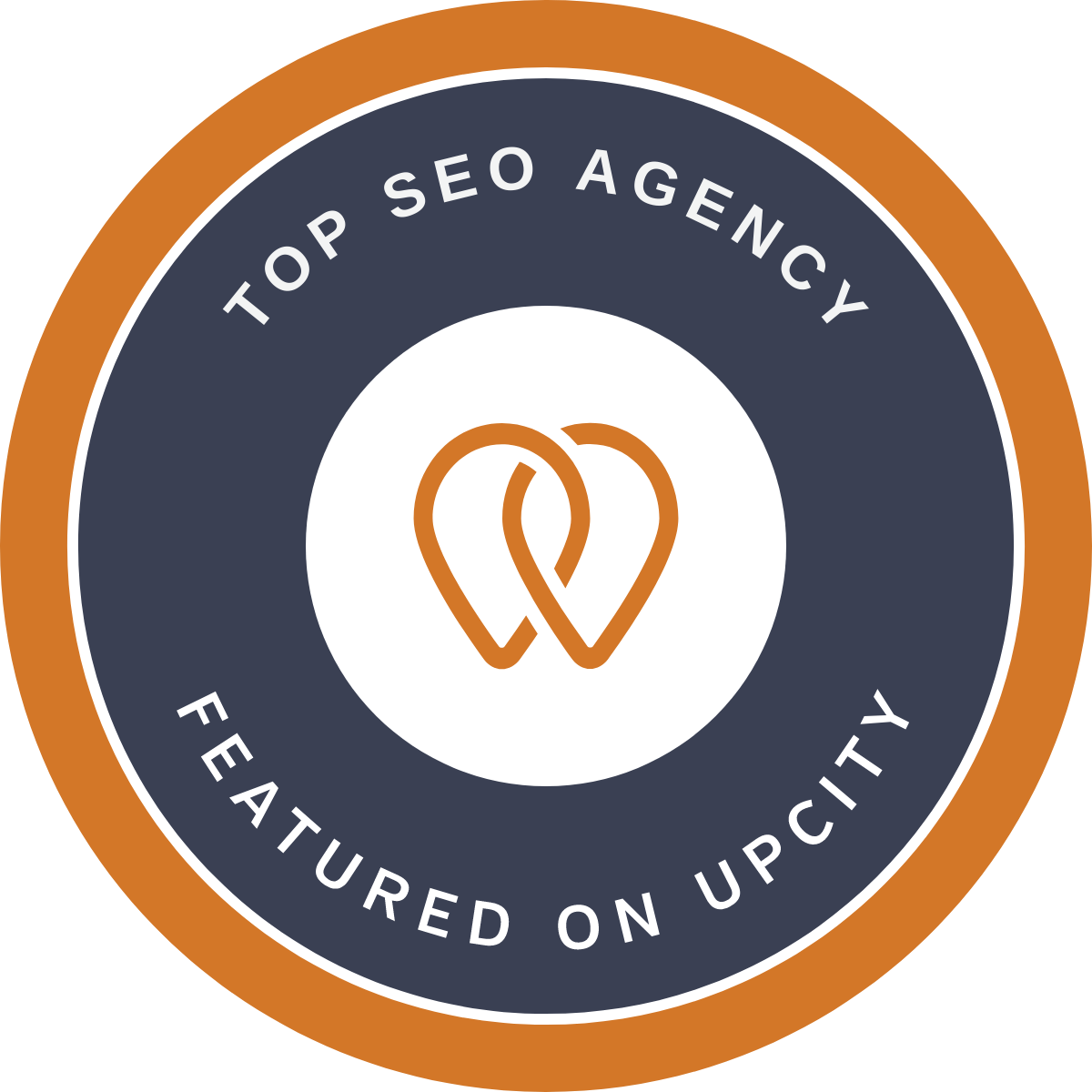Usually the first thing you think of when you hear of the term SEO is keywords. You do keywords analysis, you find out what's being searched for the most, then you throw that into your blogs, meta tags and meta descriptions – that's about it right? Not quite.
Now, for those who are a little more experienced in the world of SEO – your next thought is probably, 'Ah, yes! Because creating interlinking, backlinks and boosting your page authority is just as important!' Again, not quite...
Much like the evolution of the digital marketing world – SEO is no longer just about using the most searched for keywords. Yes, it still forms an integral part of boosting your ranking of Google SERPs – but one of the most effective things is missing!
And we're also predicting that this might be an upcoming buzz word: content clusters.
What are content clusters and why does Google like them?
Influential search engines, such as Google, are transforming their algorithm to search for meaning and topic-based content rather than seeking out certain words. So, gone are the days where people can 'keyword-stuff' in hopes that Google will promote their page. Search engines are a lot smarter these days, and will search for more than words. They will look for meaning and topics.
Search engines have done this in response to changes in consumer behaviour. People who pose questions to Google might have once just put in fragmented keywords. But nowadays, people are more comfortable with asking specific questions, and are expecting Google to deliver a timely and accurate response.
So how do you content cluster?
Essentially, content clusters are creating a smarter way to organise your website. A cleaner website means that it will also make it easier for users to navigate, which is seen as a plus in Google's eyes.
To create an organised website, you need clear site architecture.
When you're recreating your site architecture – you'll often find that within your website you'll have multiple topics. For a services website such as our own, we might have SEO, web design, PPC and so on. Each of these form a 'pillar page', and are separate web pages.
From your pillar page, you'll start to create 'cluster content'. That is to say, you'll create content related to this 'pillar' or subject. For example, your pillar is SEO, but your content might be onpage optimisation.
Now with your content clusters – they are connected by hyperlinks. Because they are all related to the same topic, you'll often find that you'll be linking not just back to the pillar page, but to other content within this cluster.
So, what does this look like to Google? It will look like your pillar/web page is an authority page – effectively boosting your rankings. Overtime, certain topics within your cluster might rank higher, which will benefit the whole of your website.
SEO is not often something that you can do overnight. It requires careful research, planning and is so much more than putting a few keywords in here and there.
If you're at the start of your SEO journey, and you need help designing or reorganising your website to help your rankings – contact Webplanners at (03) 9510 0717!
And if you want to improve your ranking on Google's SERP but don't know where to start, request a free SEO Audit from us!



